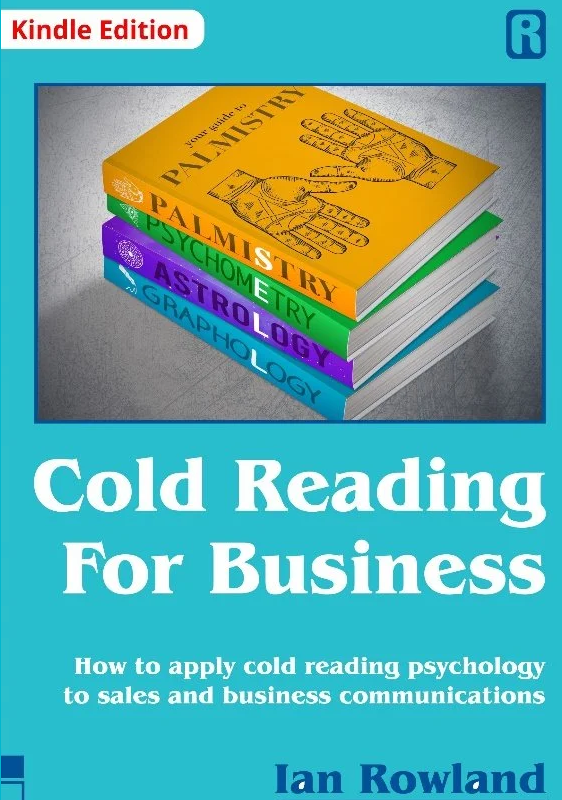Cold Reading Psychology: How It Creates the Illusion of Insight
Cold Reading Psychology: How It Creates the Illusion of Insight
If you’ve ever seen someone claim to read minds or reveal personal details about a stranger, chances are they were using the principles of cold reading psychology. Far from being supernatural, this skill relies on psychological effects, language patterns, and human biases to create the impression of knowledge and insight.
In this article, we’ll explore the foundations of cold reading psychology, why it works so effectively, and how it applies in entertainment, business, and everyday life.
What Is Cold Reading Psychology?
At its core, cold reading psychology is the study of how people interpret vague or general statements as highly personal. By understanding common psychological tendencies, a skilled reader can deliver statements that sound uncannily accurate.
The key to cold reading psychology is that people do most of the work themselves. They take vague input, personalise it, and then remember the “hits” while overlooking the “misses.”
Why Cold Reading Psychology Works
To understand cold reading psychology, it helps to look at the psychological principles behind it:
The Barnum Effect – People believe general statements are uniquely personal.
Confirmation Bias – We pay more attention to information that confirms what we already believe.
Selective Memory – People remember accurate-sounding statements and forget errors.
Desire for Meaning – Humans naturally seek patterns and connections, even in random data.
Together, these biases explain why cold reading psychology feels so powerful.
Examples of Cold Reading Psychology in Action
Here are some examples that highlight the effectiveness of cold reading psychology:
Barnum Statement: “You have a strong need to be liked, but you sometimes criticise yourself too harshly.”
Rainbow Ruse: “You can be outgoing in some situations, but at times you prefer to step back.”
High-Probability Guess: “You’ve been thinking about changes in your career or finances.”
Jacques Statement: “People don’t always appreciate your full potential right away.”
These statements showcase how cold reading psychology taps into universal human experiences.
Cold Reading Psychology in Entertainment
Magicians, mentalists, and performers often use cold reading psychology to create mind-reading illusions. By mixing observation with clever phrasing, they deliver experiences that feel deeply personal to the audience.
Even though the techniques are simple, cold reading psychology makes performances feel mysterious, engaging, and unforgettable.
Cold Reading Psychology in Business and Everyday Life
The power of cold reading psychology isn’t limited to entertainment. In sales, leadership, and communication, similar techniques help build rapport quickly.
For example:
A salesperson might say, “You strike me as someone who values efficiency but doesn’t like being rushed.”
A manager might use cold reading psychology to say, “You’re someone who works hard, but you don’t always get the recognition you deserve.”
These approaches build trust and connection while making people feel understood.
How to Practise Cold Reading Psychology
If you want to experiment with cold reading psychology, start with simple, universal statements:
“You sometimes feel you don’t give yourself enough credit.”
“You’re the kind of person who notices details others often miss.”
Watch how people respond. You’ll see that cold reading psychology works not because of magic, but because of how our minds interpret language.
The Ethical Side of Cold Reading Psychology
While cold reading psychology can be fascinating and useful, it also carries ethical considerations. Used dishonestly, it can mislead vulnerable people into believing in false psychic abilities. Used responsibly, however, it can enhance communication, entertainment, and human connection.
The difference lies in intent. Ethical use of cold reading psychology builds rapport and engagement, while unethical use exploits trust.
Cold reading psychology is less about mind reading and more about understanding human nature. By leveraging psychological effects like the Barnum effect and confirmation bias, it creates the impression of personal insight.
Whether used on stage, in sales, or in casual conversation, cold reading psychology demonstrates the power of language and perception. Learn it, practise it, and use it responsibly—and you’ll discover just how powerful it can be.





